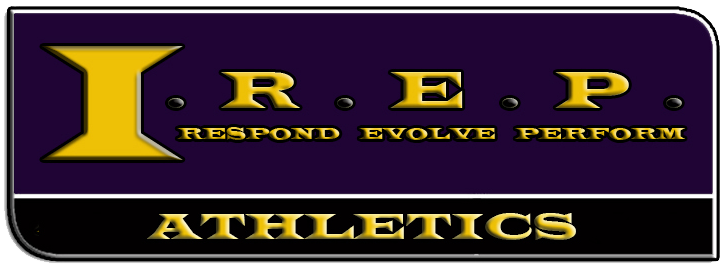Finding the Perfect Running Shoes for Marathon Training
Each time your foot hits the ground during a run, it experiences a process known as the gait cycle. This cycle consists of two main phases: the “stance” phase, when your foot is in contact with the ground, and the “swing” phase, when your foot is moving forward. The stance phase further breaks down into […]
Pre-Season, In-Season, and Off-Season Training Dynamics
Athletes and coaches are faced with the challenge of sculpting training regimens that not only peak performance when it matters most but also ensure consistent progress and recovery. Distinctly broken down into pre-season, in-season, and off-season phases, each period mandates a specific approach. To master the art of athletic preparation, adaptation is key; an exercise […]
Mental Training Techniques to Improve Your Game
The role of sports psychology extends beyond just understanding the mind and behavior of athletes. It entails integrating psychological elements and techniques that can enhance an athlete’s performance while balancing other aspects of their lives. It collectively refers to the study and application of how psychological factors affect performance and how participation in sports and […]
Steps to Finding the Right Personal Trainer for You
Figure out Your Fitness Goals Do a self-assessment or consult a health practitioner to get a comprehensive understanding of your current health and fitness status. Are there health concerns like obesity, high blood pressure, or other chronic illnesses to factor in? Fitness goals should be concrete and achievable. Instead of ambiguous objectives like ‘get fit’, […]
Most Common Fitness Myths Debunked
No Pain, No Gain Certain sensations of discomfort or fatigue are to be expected when exerting oneself physically. Feeling your muscles burn a bit during an intense cycling session or experiencing general fatigue in your limbs after a vigorous workout is standard. These “pains” can be seen as signs that your body is indeed working, […]
The Importance of Personal Trainer Certification
Personal trainer certifications serve as a hallmark of a fitness professional’s commitment to their craft, requiring a rigorous assessment of their knowledge and practical skills. These credentials are granted by accredited organizations, which maintain industry-wide standards for what a personal trainer should know and be able to do for their clients. Such certifications represent a […]
The Benefits of Semi-Private and Group Personal Training Sessions
The economics of fitness can indeed be a determining factor when we consider investing in our health and wellness. While the allure of one-on-one personal training offers the promise of exclusive attention and customization, it often comes with a price tag that may be prohibitive for many. This is where the practicality of semi-private sessions […]
The Evolution of Sports Training
The initiation of sports training in ancient times laid the groundwork for centuries of athletic pursuits. The ancient Greeks, credited with founding the Olympic Games in 776 BC, integrated sport into their educational systems, recognizing the value of physical fitness in the development of the youth. Training methods constituted basic practices aimed at improving specific […]
Youth Sports Training Programs
At the heart of any effective youth sports training program lie its foundational pillars: physical conditioning, skill development, psychological guidance, and injury prevention. These areas form the bedrock upon which athletes can build their sporting careers. Physical Conditioning Physical conditioning stands as the cornerstone of any youth sports training program. It is through diligent and […]
Comprehensive Injury Prevention Techniques
A nuanced understanding of risk factors is fundamental to developing effective injury prevention strategies in sports training programs. These risk factors encompass both intrinsic and extrinsic components. Intrinsic risk factors are those inherent to the athlete and include personal health history, anatomical features, physiological characteristics, age, gender, and psychological factors. For example, a previous injury […]
